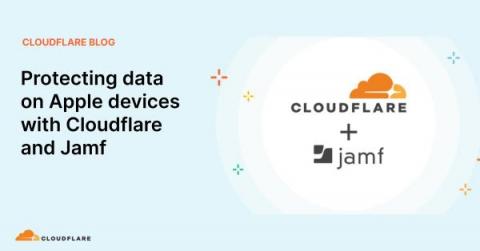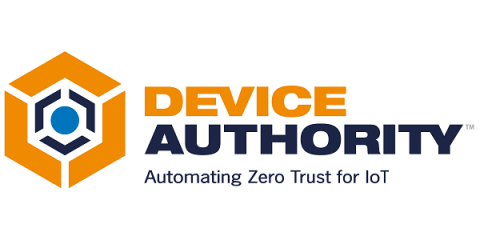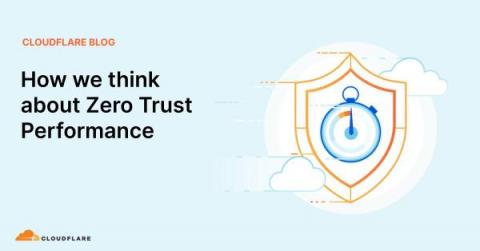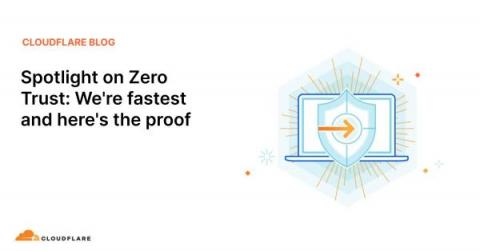Security | Threat Detection | Cyberattacks | DevSecOps | Compliance
Latest News
Protecting data on Apple devices with Cloudflare and Jamf
Today we’re excited to announce Cloudflare’s partnership with Jamf to extend Cloudflare’s Zero Trust Solutions to Jamf customers. This unique offering will enable Jamf customers to easily implement network Data Loss Prevention (DLP), Remote Browser Isolation (RBI), and SaaS Tenancy Controls from Cloudflare to prevent sensitive data loss from their Apple devices.
Understanding Zero Trust Security: Principles, Benefits and Architecture
Imagine a world where you trust no one, not even those closest to you. Sounds harsh, right? But when it comes to cybersecurity, this exact mindset is the driving force behind the Zero Trust Security model. This revolutionary approach to security is challenging traditional perimeter-based methods, focusing on securing users, devices, and data – no matter where they are. Ready to uncover the secrets of Zero Trust Security? Let’s dive in!
Understanding the Zero Trust Security Model
Are you looking for ways to transform your organization’s network security for the modern era? Zero. Zero. Trust security offers a cutting-edge approach that eliminates implicit trust and requires continuous verification of users and devices. Dive into this comprehensive guide and discover how Zero Trust can revolutionize your security posture and protect your valuable resources.
Making Zero Trust a Reality
Zero Trust has been a concept since 2009 when Forrester first realized that traditional security models operated on the outdated assumption that everything inside an organization’s network should be trusted. 14 years later, the rule of “Never Trust, Always Verify” has never been more important, especially as data breaches continue to make headlines on a seemingly daily basis.
How we think about Zero Trust Performance
Cloudflare has done several deep dives into Zero Trust performance in 2023 alone: one in January, one in March, and one for Speed Week. In each of them, we outline a series of tests we perform and then show that we’re the fastest. While some may think that this is a marketing stunt, it’s not: the tests we devised aren’t necessarily built to make us look the best, our network makes us look the best when we run the tests.
Spotlight on Zero Trust: We're fastest and here's the proof
In January and in March we posted blogs outlining how Cloudflare performed against others in Zero Trust. The conclusion in both cases was that Cloudflare was faster than Zscaler and Netskope in a variety of Zero Trust scenarios. For Speed Week, we’re bringing back these tests and upping the ante: we’re testing more providers against more public Internet endpoints in more regions than we have in the past.
How MSPs Can Overcome Common Zero Trust Obstacles
Zero trust is not a new cybersecurity concept, yet it seems everywhere lately. In case you’re unfamiliar with zero trust, it is defined as an approach to security that assumes no implicit trust between users, devices, or networks as a baseline, and once a user has been verified as legitimate, authorized, and trustworthy, access is allowed. Zero trust has been so effective as a cybersecurity strategy that the U.S.
2023 Zero Trust Security Report Highlights
Zero trust is a hot topic in cybersecurity, and for a good reason. There is no one-size-fits-all solution to securing your data and networks; rather, zero trust offers a more holistic perspective comprised of many different safety measures and practices and a shift in perspective on security.
Understanding AI risks and how to secure using Zero Trust
AI’s transformative power is reshaping business operations across numerous industries. Through Robotic Process Automation (RPA), AI is liberating human resources from the shackles of repetitive, rule-based tasks and directing their focus towards strategic, complex operations. Furthermore, AI and machine learning algorithms can decipher the huge sets of data at an unprecedented speed and accuracy, giving businesses insights that were once out of reach.










